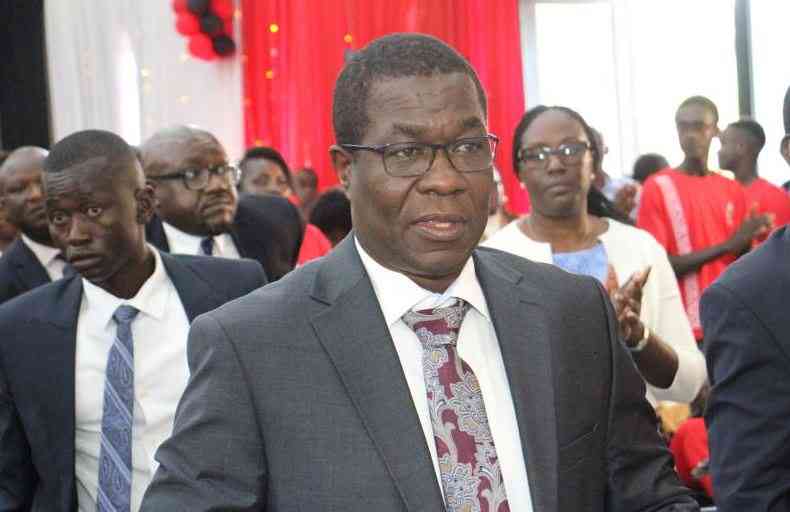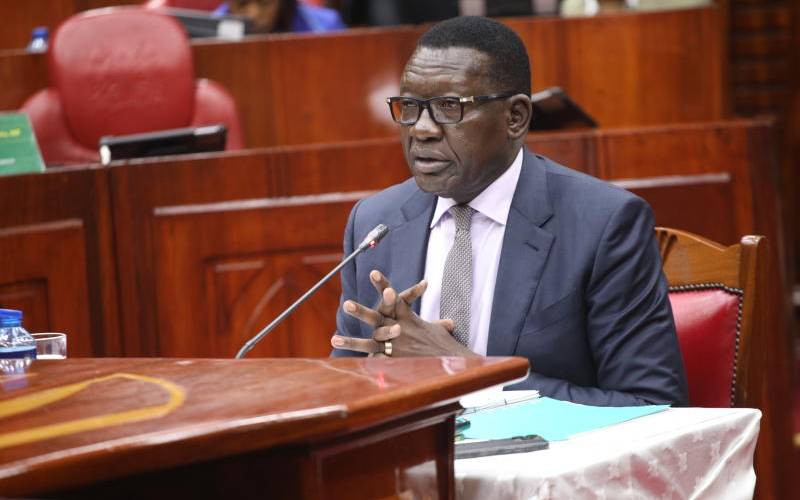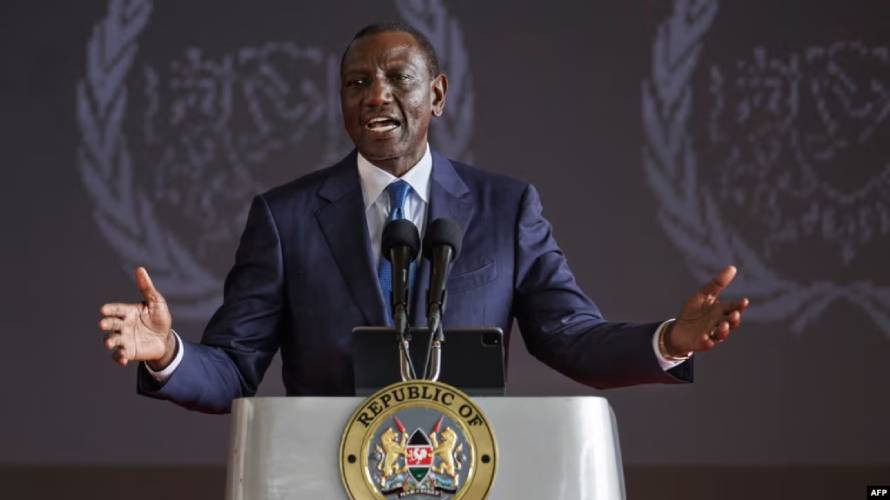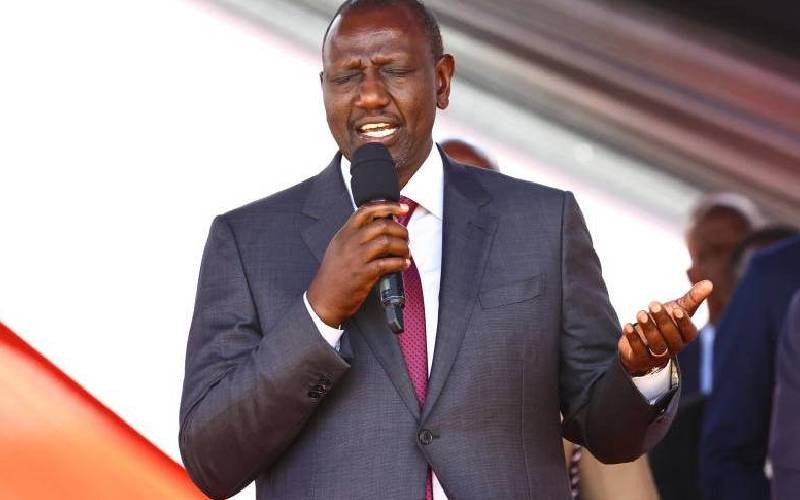A House team has summoned Cabinet Secretaries Opiyo Wandayi (Energy) and John Mbadi (Treasury) over a Sh30 billion debt owed to Kenya Power.
This came as Parliament begun reviewing all power purchase agreements with Independent Power Producers (IPPs) to help lower the cost of electricity.
The National Assembly’s Public Investments Committee on Commercial Affairs and Energy has also invited Rural Electrification Renewable Energy Corporation (Rerec) over its multi-million shilling debt.
Committee chairperson David Pkosing directed the persons of interest to appear before the House team on August 5, 2025 for a round table meeting to discuss how the debt will be repaid.
It also emerged that Kenya Power is owed billions by the ministries of Energy and Treasury for the provision of subsidised power under the Rural Electrification Scheme (RES).
Notably, the Rural Electrification Scheme (RES) is funded by the national government and implemented by Kenya Power on behalf of the Ministry of Energy and Petroleum (MOEP).
At the same time, Parliament yesterday began reviewing all power purchase agreements by IPPs in a bid to lower electricity costs.
The Committee said it has taken this step following a forensic audit by the office of the Auditor General.
Pkosing, while decrying the rising cost of power, called it a national concern and claimed that some IPPs could be behind the spike bypassing hefty profits onto already burdened Kenyans.
“The people of Kenya are paying too much for electricity, and one of the suspects are IPPs and their power purchase agreements,” said Pkosing.
We know they might be owned by the who is who in our country which raises suspicion. We will use the forensic audit to make firm recommendations that serve Kenyans better. We must change how these agreements work for the good of the country,” stated Pkosing.
Kaloleni MP Paul Katana urged the committee to summon CS Wandayi and other “influential” figures linked to the deal.
Influential people
“This has been a serious issue. Last time, we asked how quickly these power companies were licensed and learned that many powerful leaders were behind them,” he said.
“The Energy CS must tell us how many companies are licensed, the kind of agreements in place and whether they are serving Kenyans as intended.”
Stay informed. Subscribe to our newsletter
Kenya Power CEO Joseph Siror, however, defended the IPPs, arguing that the technology used to generate electricity determines the cost.
“The cost of power depends on the technology. Historically, purchases have been expensive but going forward, costs should come down as we retire old and costly IPPs.
This should make electricity cheaper for everyone,” Siror told the House team while responding to audit concerns raised by the Auditor General.
Asked whether all IPPs could be retired, Siror responded in the negative. “We retired one last year. But you cannot retire all of them. In the past three months alone, we’ve had to load-shed, which means blackouts for many areas. If we turned off all the IPPs today, more than half the country would face blackouts because we wouldn’t generate enough electricity to meet demand,” he said.
The committee ruled that while it continues to analyse existing power purchase agreements, future deals must better protect consumers from high costs.
“We must find an arrangement that is cost-effective for Kenyans by balancing production with demand,” Pkosing said. “We should also work towards cheaper technology for power generation so electricity becomes more affordable for all.”

























